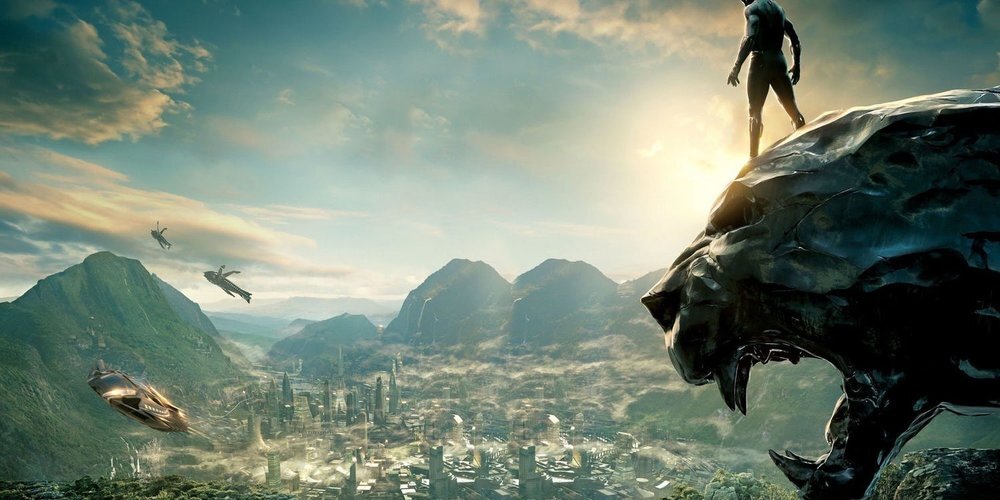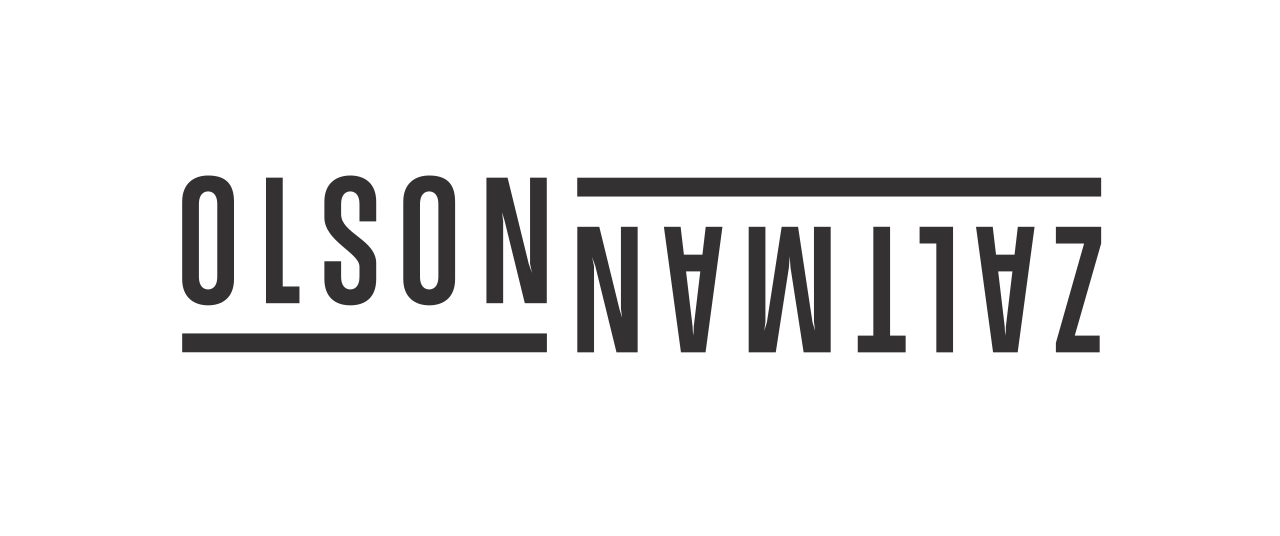Afrofuturism

Black Panther has eclipsed the $1B mark at the box office globally. The movie, about the king of the fictional African nation of Wakanda, can be characterized as an example of Afrofuturism – “the reimagining of a future filled with arts, science and technology seen through a black lens.”
Afrofuturism has its roots in Egyptian mythology and mysticism. In a nation in which African Americans have been written out of the past (and in some cases the present) this genre asserts the power of black people to assert their intellectual control over an imagined future.
We have seen Afrofuturist elements quite clearly in popular music. In the 1970s, George Clinton and Parliament Funkadelic incorporated “The Mothership,” a mythical space vehicle, into its performances. More recently, Afrofuturism has influenced the music and fashion of performers such as Wu-Tang Clan, Outkast, Erykah Badu, and Solange Knowles. The genre is represented in literature and art, as well.
What, if anything, does this mean for marketers who want to build loyalty among African American consumers? Are any brands tapping into this larger cultural story? Is it possible for a brand to do so without coming off as inauthentic or, worse, culturally insensitive?
